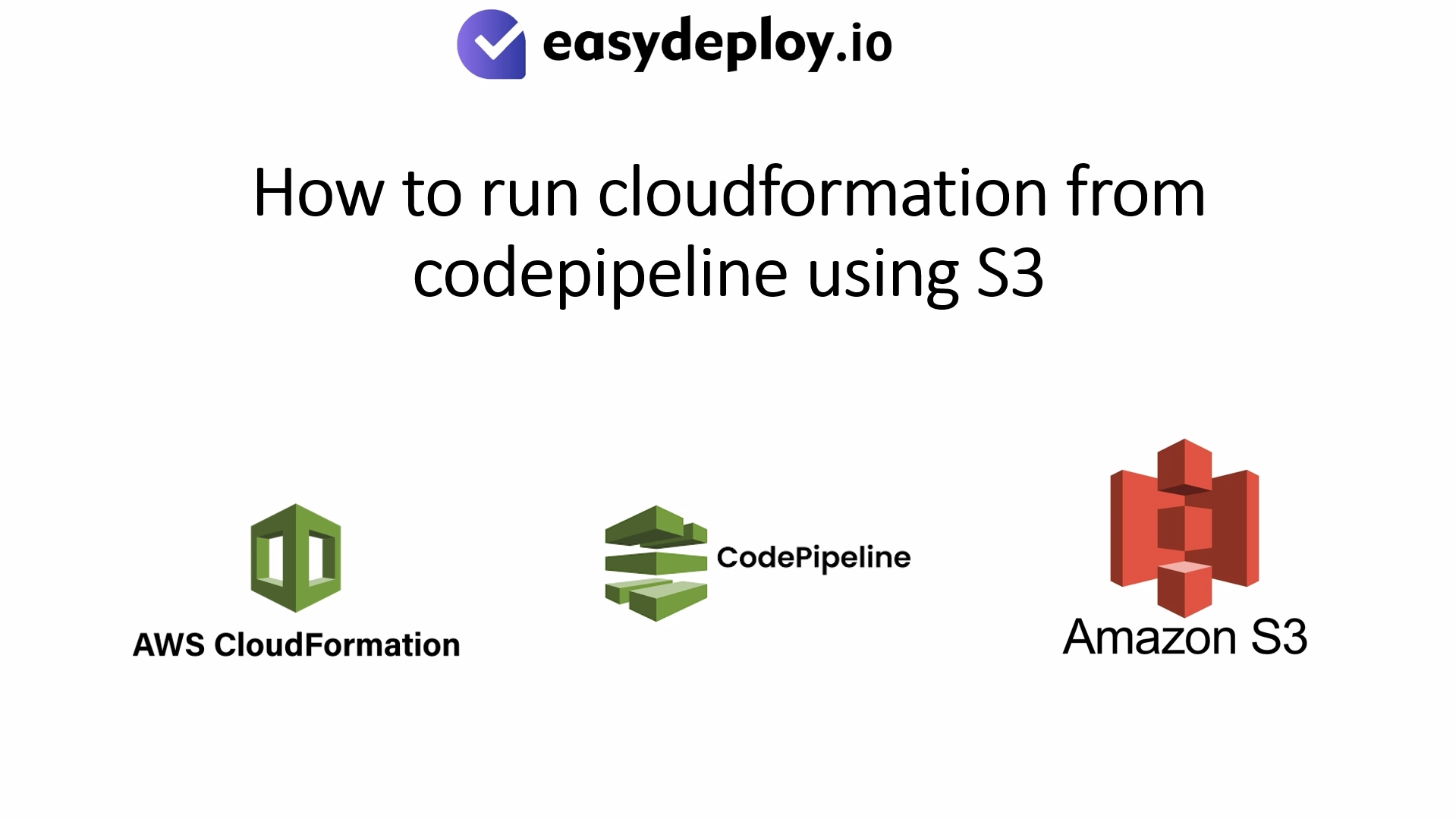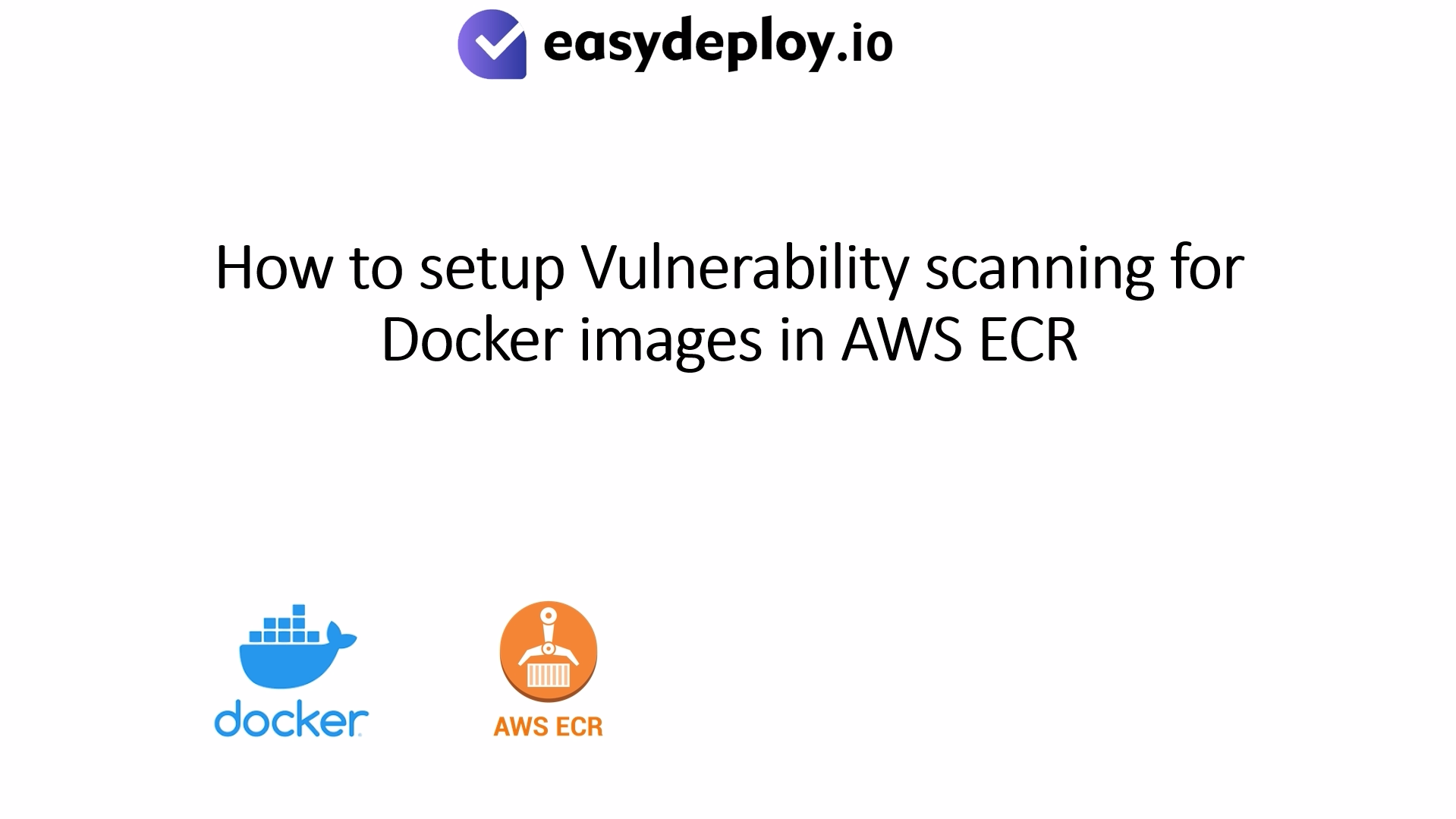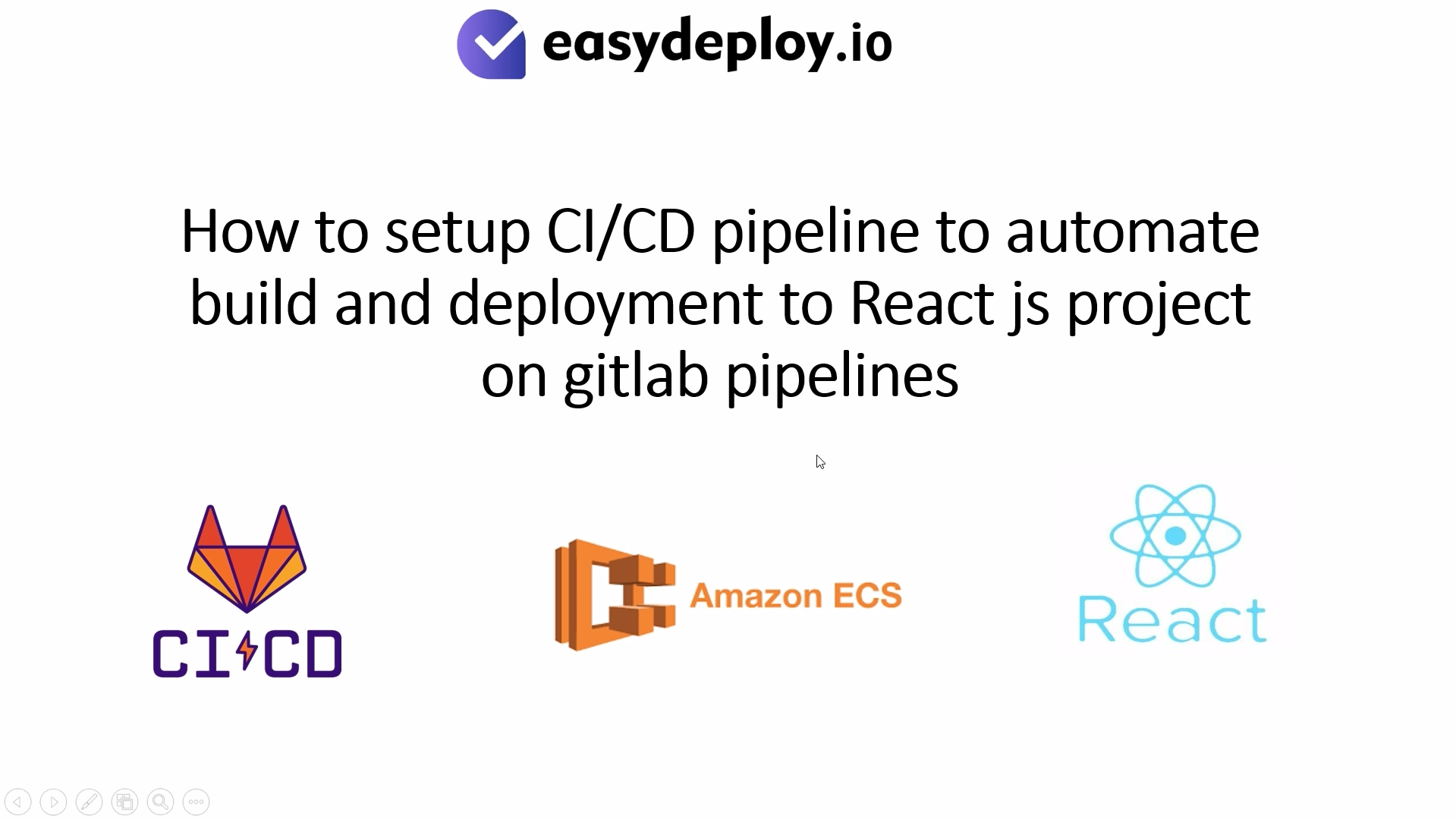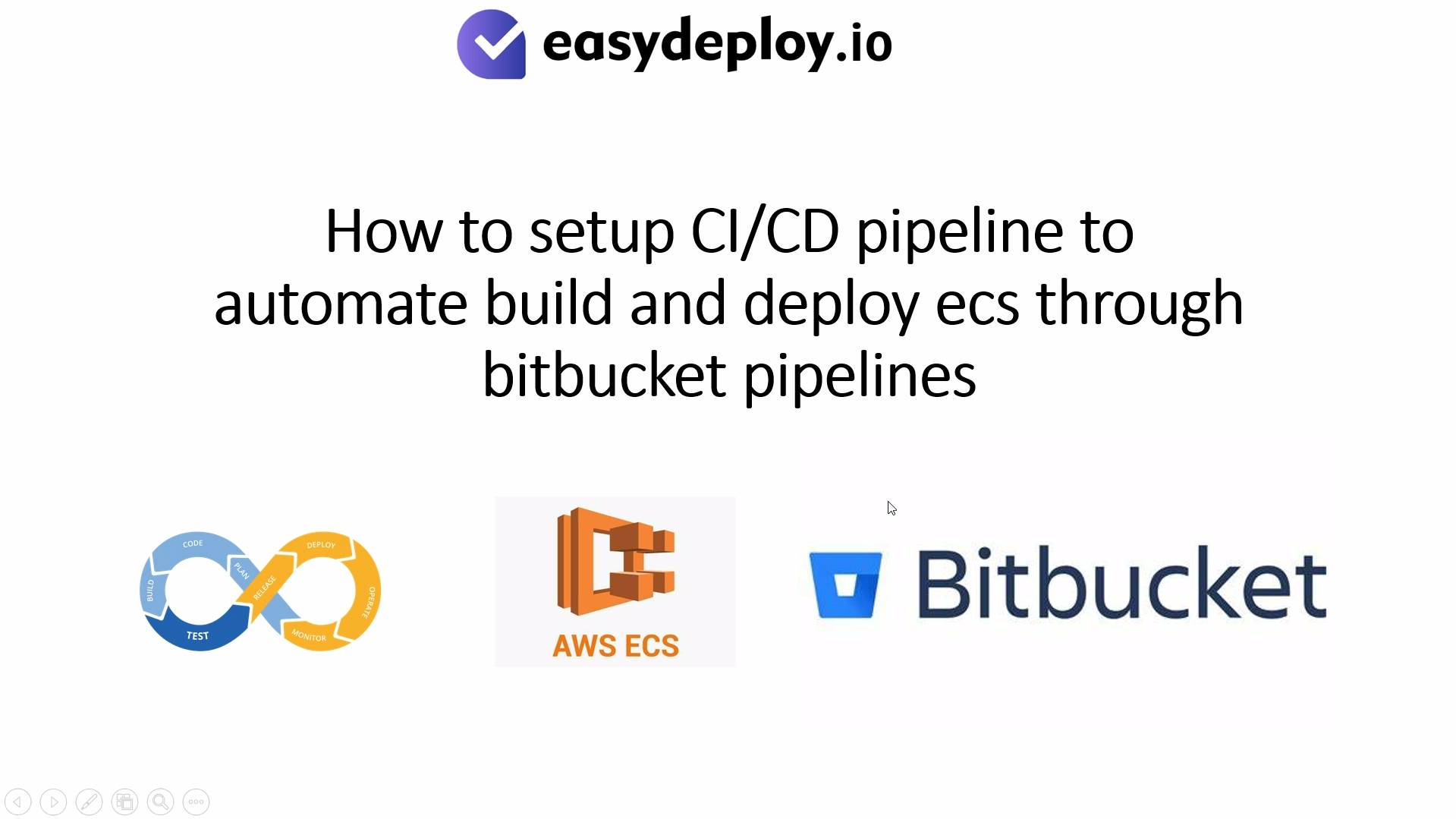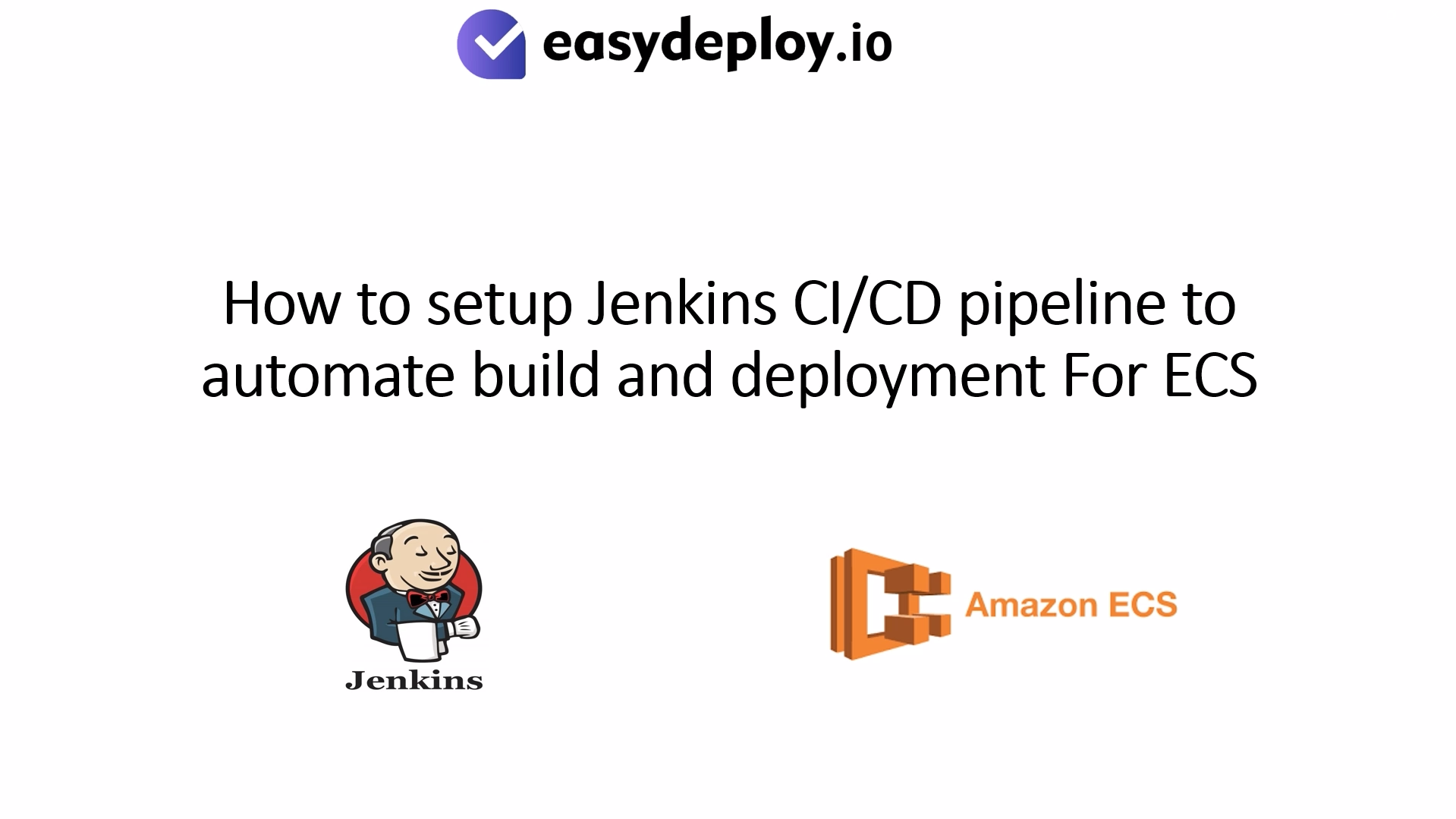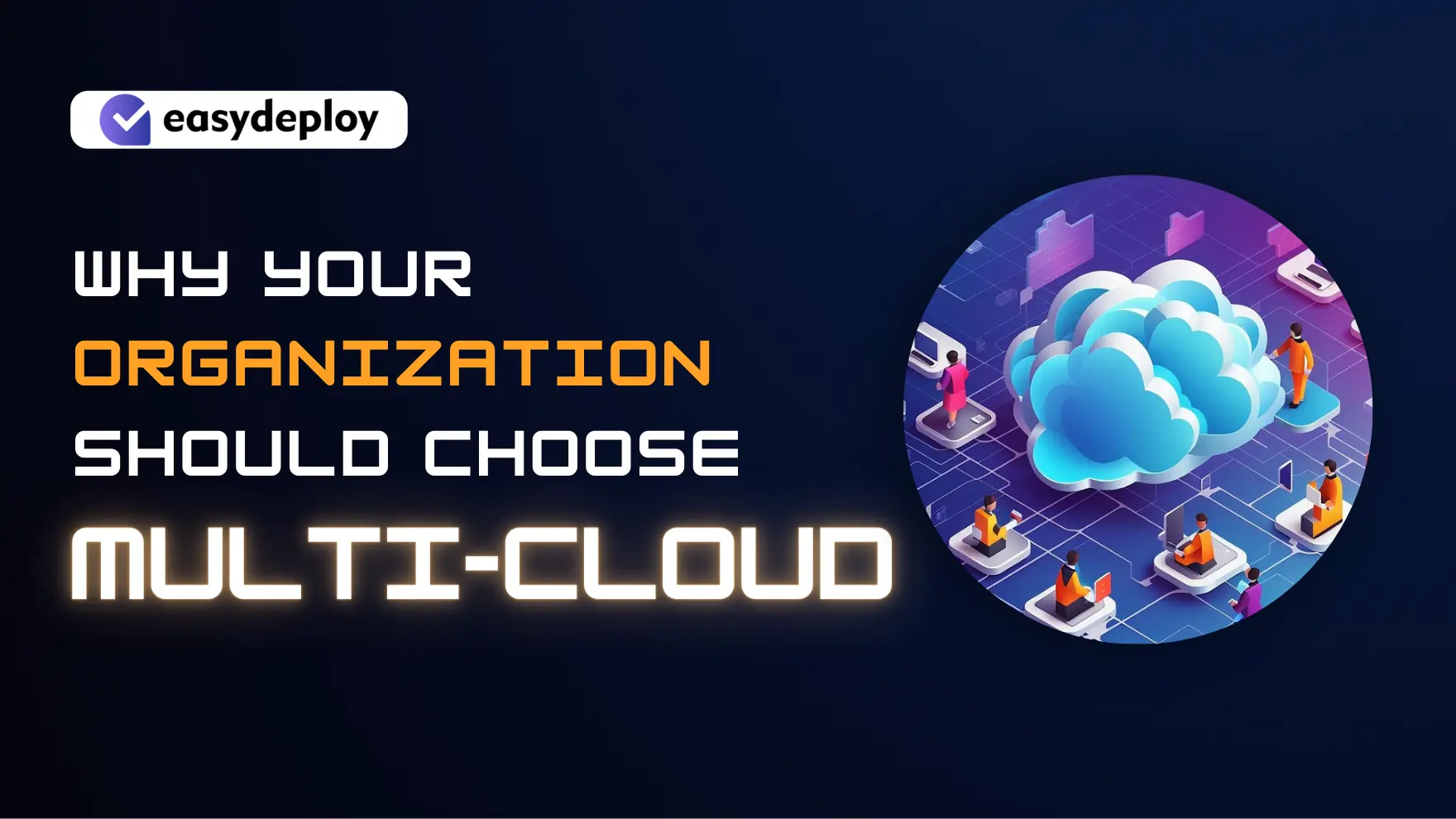Have you ever wondered why do we use Kubernetes? If you do, then you have come to the right place as we are going to learn the reasons behind it. Containerized applications are becoming the de-facto in the current industry. And, why not? It provides many benefits to businesses and companies. With cloud-native architectures and DevOps becoming a significant part of the current IT workflow, it is essential to learn about container orchestration system.
Google’s Kubernetes have been the front-runner when it comes to providing the standard for managing containerized applications. It enables businesses to manage, create, deploy and even architecture the native cloud applications and ensure that they operate with modern development standards.
What is Kubernetes?
If you are unfamiliar with Kubernetes, then let’s define it for you. Kubernetes help manage mini-virtual machine(containers) by automating and taking care of different aspects including resource management, administration and so on. It is a container and cluster management system.
Also read, Top 5 DigitalOcean Alternatives
Why do we use Kubernetes?
Orchestration offers the ability to track these virtual machines and even manage them optimally. For example, if you as a business need more resources, you can automatically be allocated more resources by Kubernetes. It simply turns on a virtual machine and allocates it to you — without the need to do anything manually.
Kubernetes is a 10-year old Google project which they recently pushed it to open-source. Their move enabled everyone to take advantage of cutting-edge technology and help them manage massive systems. Kubernetes enables cloud managers to manage their cloud better. It can abstract networks, storage and even machines from their physical implementation, and give true automation to the administration. In short, you get a single interface where you can manage virtual machines, their physical states and even different types of clouds.
Benefits of using Kubernetes
Many benefits of Kubernetes makes it worth using. First of all, it enables you to balance both horizontally and vertically. Due to Kubernetes, it is easy to scale and provide little or less downtime if something goes wrong. Kubernetes brings an original design to cloud management and provides an API that can be used for any application that is the need for the containerized application. To better understand what it has to offer, let’s list the key benefits below.
Faster updates: Kubernetes let you push new updates with no downtime at all. This is game changing considering that now users don’t accept downtime at all, and at the same time want new updates.
Immutability: Kubernetes and containers also let developers create distributed systems around immutable infrastructure principles. It is a complete opposite of the traditional way as the developer needs to kill the server to push updates. In short, updates means changing application binaries. But, that’s not the case with Kubernetes as when an update is pushed, a new container is created. The old container is killed off, ensuring that the new updates go live without disrupting the end user’s experience.
Efficiency
Kubernetes enable the maximum use of resources as applications can co-exist within the same machines without impacting each other. In turn, it also helps to reduce the hardware cost.
Should you use Kubernetes?
Kubernetes is the future. It is a cluster and container platform that helps you manage your virtual machines/cloud/physical hardware better. We only touched the few benefits of Kubernetes. Do you think you should use Kubernetes? Comment below and let us know.

